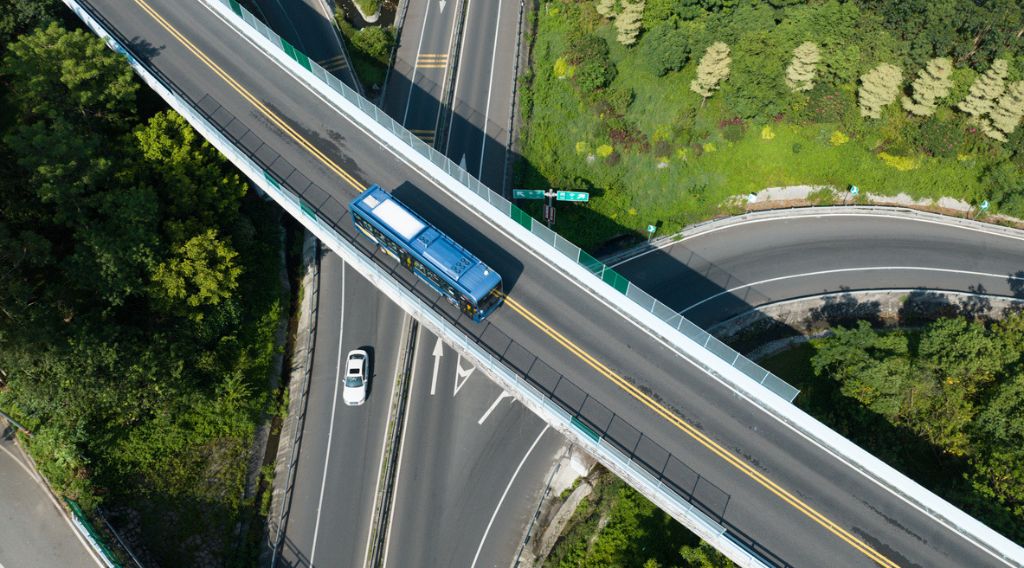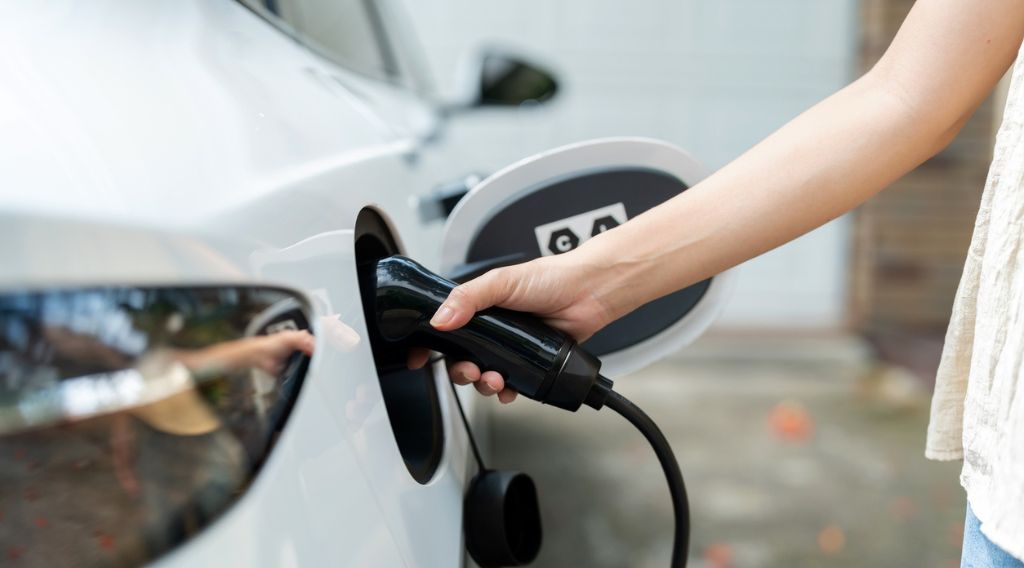
On November 9, 2022, the Great Plains Institute will host a webinar, Building a Sustainable Domestic Electric Vehicle Supply Chain, from 1:00-3:00 p.m. central time. COVID-19 supply-chain disruptions and domestic content provisions in the Inflation Reduction Act are spurring a re-thinking of electric vehicle supply chains and a renewed interest in domestic mining and mineral processing. The webinar will bring experts together to critically examine and identify actions needed to mitigate supply chain issues in the US.
Speakers
GPI is excited to bring a great lineup of speakers for this webinar:
- Ethan Elkind, Director of the Climate Program, UC Berkeley Law’s Center for Law, Energy and the Environment
- Jane Hammarstrom, Research Geologist, and Dr. Steven M. Fortier, Director of National Minerals Information Center, United States Geological Survey
- Alex Jacquez, Senior Policy Advisor, National Economic Council, The White House
- Todd Malan, Chief External Affairs Officer & Head of Climate Strategy, Talon Metals
- Mike Maten, Director of Electric Vehicle Policy & Regulatory Affairs, General Motors
- Blaine Miller-McFeeley, Senior Legislative Representative, Earthjustice
- Rodney Sobin, Senior Fellow, National Association of State Energy Officials
- Danielle Woodring, Manager, SAFE’s Center for Critical Minerals Strategy
GPI President & CEO Rolf Nordstrom will moderate the webinar discussion.
Issue brief: Electric vehicle supply chain challenges could hamper adoption
Transportation is the highest-emitting greenhouse gas sector, and vehicle electrification is one way of reducing transportation-related emissions. Many states have now set electric vehicle adoption goals due to the multitude of societal benefits provided, such as cleaner air, reduced health risks, and increased domestic energy security. Yet challenges in the electric vehicle supply chain could hamper efforts to increase electric vehicle adoption.
According to the International Energy Agency’s Net Zero Emissions scenario, there could be 300 million electric vehicles on the road by 2050. This level of electric vehicle adoption will require an increase in electric vehicle battery production, which means extracting more minerals while improving manufacturing processes and recycling to reduce our reliance on finite minerals.
Globally, there are not enough minerals in circulation or available from existing mines to manufacture all the electric vehicles projected to be on the road by 2050. Additionally, most of the mineral processing takes place in China, which controls the majority of cathode and anode production—critical components needed for electric vehicle batteries.
Register
Learn more about the event and register on Zoom.
Register

